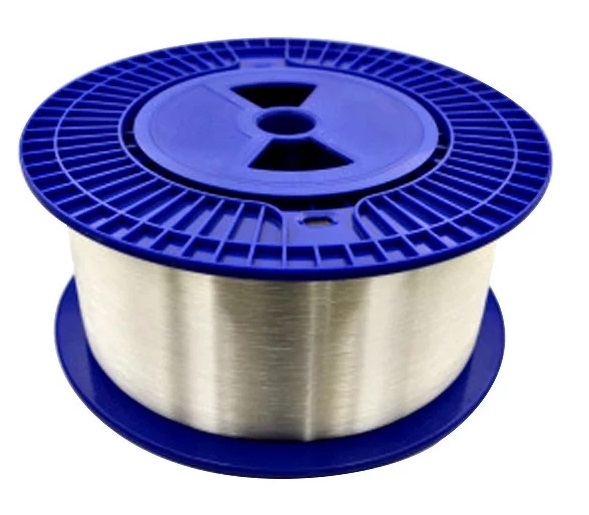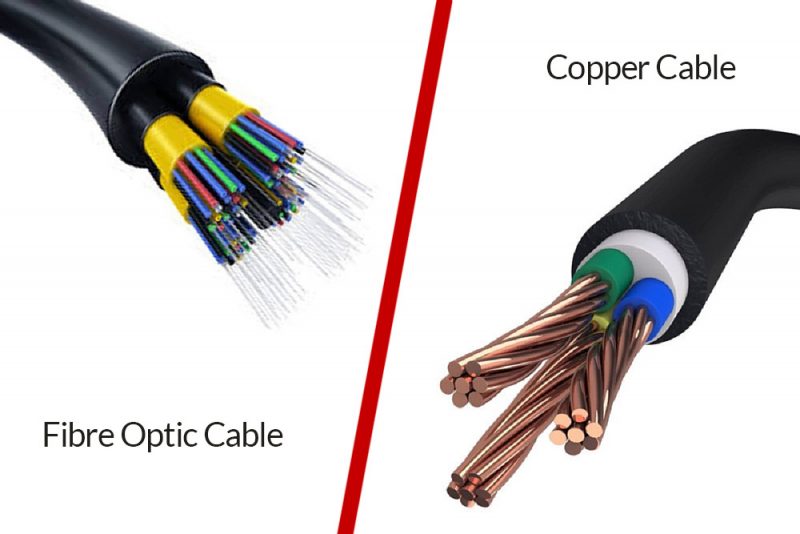Most people aren’t aware there are two different types of wire/cable available. Both of these are used to determine the speed (bandwidth) and capacity of the connections to your home or business.
What is Copper Cable?
Linxcom Copper cable is made out of 100% BARE Copper. There are cheaper alternatives called CCA (Copper Coated Aluminium) however, these do not perform as well as 100% Copper. The two types that are available are Twisted Pairs and Coaxial Cable.
What is Fibre Optic Cable?
Fibre optic cable is made out of glass pipes or transparent plastic. They allow the transfer of data via pulses of light. It’s usually surrounded by a layer of cladding that’s constructed at a different density of the inner strand. Should you need to, reels of bare Fibre optical cable can be bought.

If you require more information about buying your bare fibre please feel free to contact us sales@linx-com.com
Here are 5 Advantages of Fibre vs Copper
Speed– fibre cable is made out of glass and uses light pulses which allow data to travel slightly slower than the speed of light. Copper cables on the other hand are limited to the speed electrons can travel.
Reliability– Since copper is an electrical conductor it is susceptible to interference and electrical surges. Fibre however uses reflections to carry light signals instead of electricity so it’s not affected by discharges.
Cost– Surprisingly, people will always be tempted by the initial cost of copper technology. Whilst this may be the case to a certain degree, this doesn’t account the hidden costs, lifespan, maintenance, and replacement costs. In the long run, fibre cable is a better long-term financial investment.
Tensile Stress– With a pulling force of around 25 pounds, copper wire is fragile in comparison to fibre optic cable. Despite the glass strands being hair thin, they can withstand around 90 kg of pressure. Copper will be susceptible to corrosion affecting performance as they age. When choosing the right option you should also consider longevity and lifespan.
Newer Technology– The fast rise in technology has seen devices requiring more bandwidth, higher speeds and more reliable internet connections. Business that use VoIP phone systems, homes/business with Security Cameras and Advertising Digital Signage make fibre optic cable the obvious winner.
Is it worth the upgrade from high speed copper internet to fibre internet?
If you’re frustrated with the performance of your current network and are researching options for faster speeds chances are, you could significantly benefit from the upgrade to fibre. Research is being done in the background to look at the possibilities of phasing out copper wiring. It is clear that areas benefitting from faster connection speeds from fibre-optic cable broadband experience is generally much smoother than those still using copper on the final stretch.
There is no doubt that the future will be fibre dominant connections to our homes/business’. The question is not if, but when.

